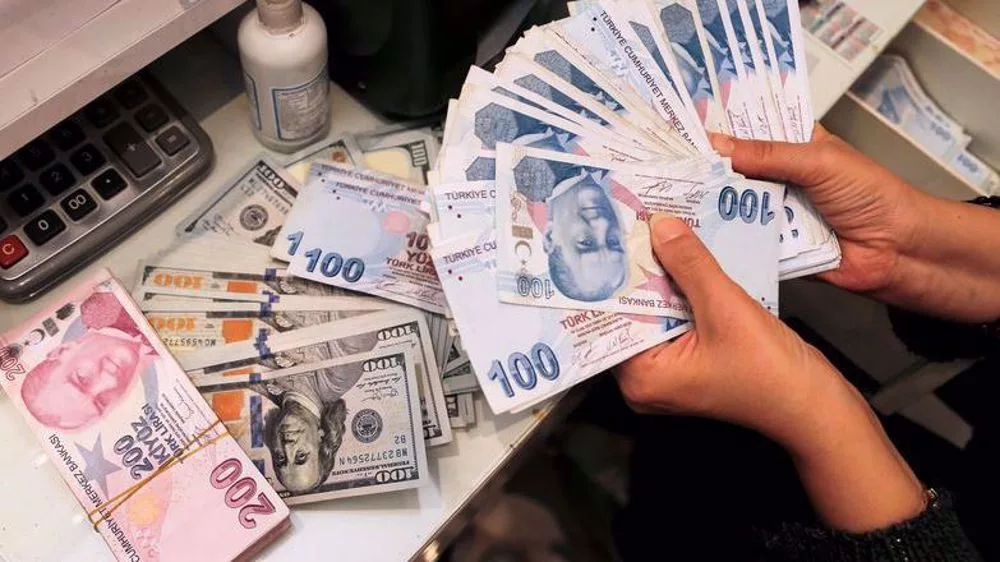While stocks increased following President Tayyip Erdogan’s victory in the presidential election on Sunday, which extended his more autocratic reign into a third decade, the Turkish lira hit new record lows versus the dollar on Monday.
Early in European trade, the lira lost ground against the dollar, falling to 20.065, breaking the previous record low set on Friday.
The economy has been plagued by boom-and-bust cycles and frequent bouts of inflation, which has caused the lira to decline by almost 7% since the beginning of the year and lose more than 90% of its value over the past ten years.
Since a currency crisis in 2021, Turkish authorities have intervened more directly in the foreign exchange markets, with daily moves being abnormally modest and typically showing a weakening as foreign exchange and gold reserves have decreased.
Erdogan’s triumph has increased pressure on the Turkish lira, according to Rabobank senior macro strategist Benjamin Picton.
Erdogan won despite years of economic unrest that detractors attribute to unconventional economic policies that the opposition had vowed to implement.
The benchmark BIST-100 index (.XU100) and banking index (.XBANK) both saw increases in the meantime, climbing more than 1% and 3.5%, respectively. The proportion of international asset managers owning Turkish stocks has decreased recently, and domestic investors now dominate the market.
Hasnain Malik, the director of stock research at Tellimer, warned that an Erdogan victory would not bring any consolation to international investors.
Only the most hopeful would wish for Erdogan to return to conventional economic policy now that he feels politically comfortable enough to do so.
With hopes of a change in economic strategy dimming, Erdogan’s unexpectedly good performance in the first round of the election on May 14 had caused a selloff in Turkey’s international bonds and a rise in the costs to insure exposure to its debt.
Last week, the country’s dollar bonds fell to their lowest level in at least six months, while the cost of using credit default swaps (CDS) to insure exposure to Turkey’s debt increased to a seven-month high.
On Monday, Turkey’s foreign debt remained stable, and CDS were essentially unchanged from Friday’s closing price.
Due to the fact that several markets in both Europe and the United States will be closed on Monday, trading is anticipated to be light.

